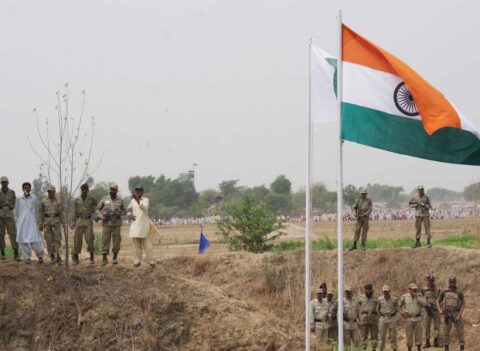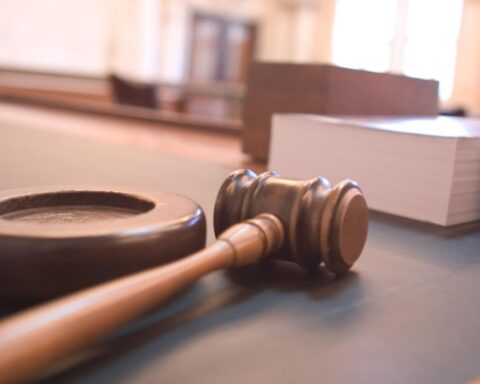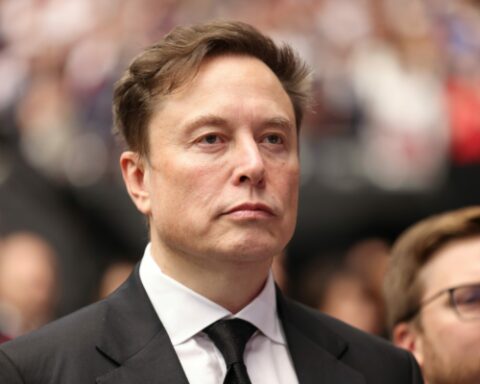The apprehension of impeached South Korean President Yoon Suk Yeol reportedly concludes a prolonged standoff with the nation’s investigators.
However, the decision to imprison him has revealed significant divisions inside a nation still grappling with last month’s brief imposition of martial law.
Yoon had been sequestered at South Korea’s fortified presidential palace located in an affluent riverfront district of downtown Seoul.
The country’s Secret Service provided protection, asserting a legal need to safeguard the 64-year-old conservative leader against arrest.
On January 3, almost 200 members of Yoon’s security team thwarted an effort to apprehend him for interrogation concerning potential allegations of insurrection and other offenses.
The controversy about that failed attempt galvanized support for the ruling conservatives and diminished the popularity of the opposition Democratic Party, which has advocated for Yoon’s arrest.
The second endeavor to apprehend the president was distinct. In contrast to the hasty initial attempt, special investigators dedicated several days to strategizing with law enforcement.
Yoon’s security forces surpassed them in numbers previously, when only three investigators were able to issue the arrest warrant.
However, prior to dawn on Wednesday, around 1,100 police officers and investigators arrived, nearly three times the number of Yoon’s security workers.
Investigators stated that no Secret Service bodyguards obstructed the arrest and no violent altercations transpired.
Instead, numerous politicians and officials from Yoon’s ruling party obstructed the entrance. Numerous demonstrators opposing the arrest, brandishing red glow sticks from the pavements, vociferously exclaimed: “President Yoon Suk Yeol!”
After around six hours, Yoon conceded. At approximately 10:30 a.m., he entered a black SUV, which transported him to the investigator’s office in a suburb of Seoul.
In a prepared statement issued following his detention, Yoon criticized the inquiry and the arrest warrant as devoid of legal validity.
He stated that he chose to submit to interrogation to avert “unfortunate and violent incidents,” when investigators that morning ascended busses using step ladders.
Special detectives now possess 48 hours to petition for a formal arrest warrant to maintain Yoon’s incarceration as the criminal investigation progresses. If a judge denies, Yoon would be released.
According to South Korean law, Yoon possesses the right to refrain from responding to inquiries from investigators, as stated by legal experts.
Insurrection is among the few offenses that are exempt from presidential immunity in South Korea.
Investigators report the preparation of around 200 pages of inquiries. Investigators reported that Yoon declined to provide testimony throughout the initial hours of interrogation.
The leadership vacuum in South Korea has incapacitated Seoul during a pivotal period, as President-elect Donald Trump assumes office on January 20, North Korea conducts missile tests, and the nation grapples with the aftermath of a plane accident that resulted in 179 fatalities.
[READ MORE: Biden Moves to Protect Migrants From Venezuela and Ukraine During His Final Days in Office]









